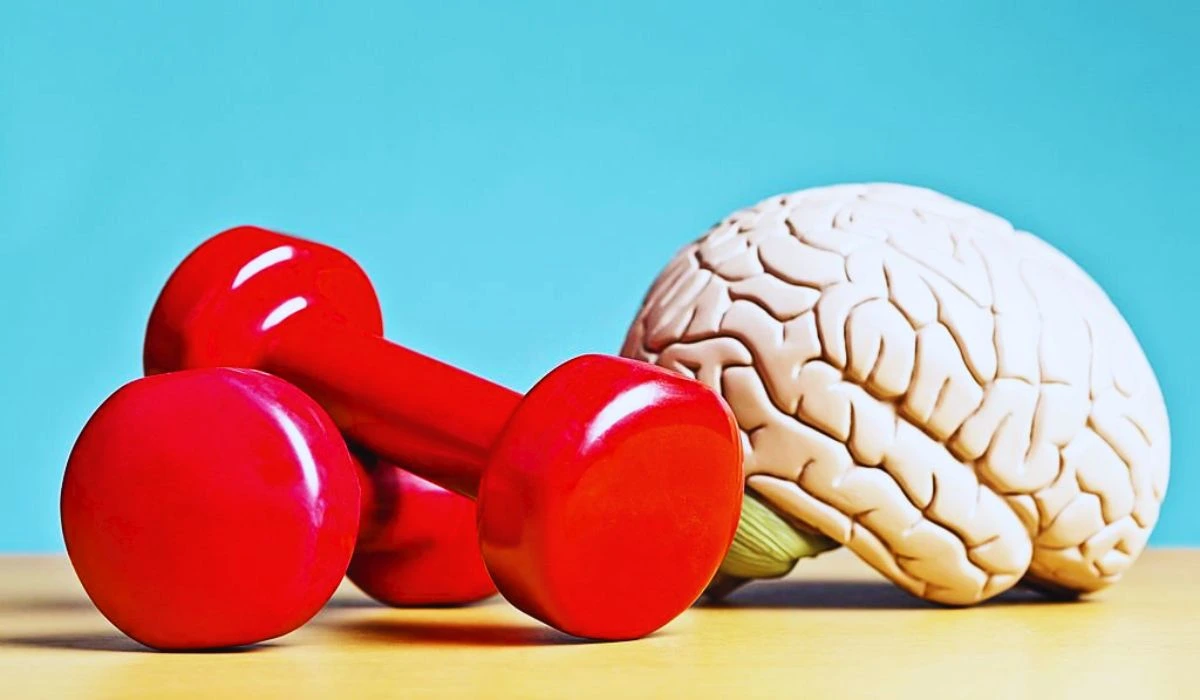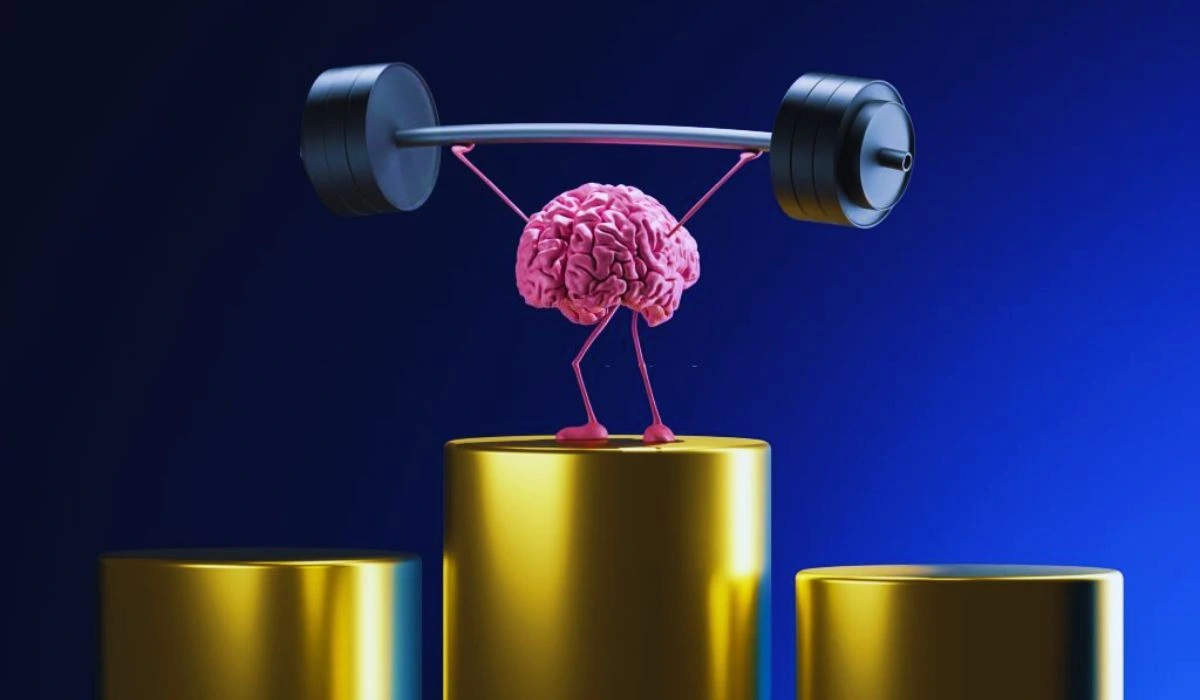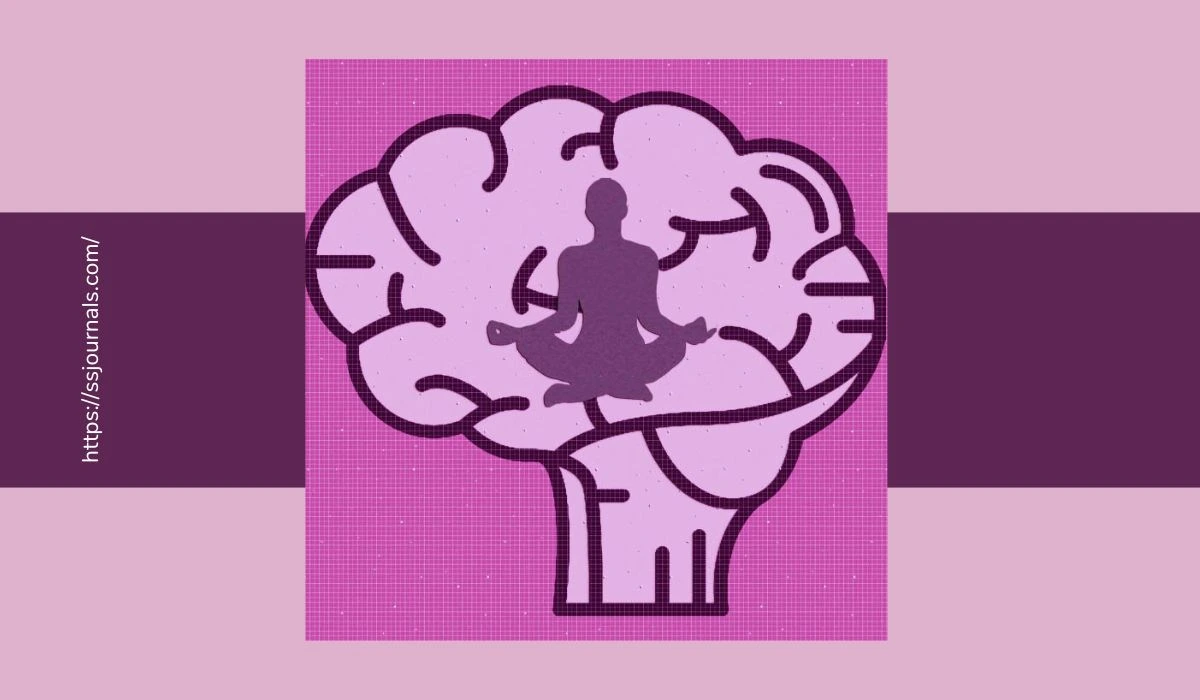Optimizing brain health requires engaging in various activities. This stimulates cognitive abilities and mental agility. Individuals can challenge their brains to sharpen memory, focus, and overall cognitive function.
Incorporate these activities into your daily routine for improved brain health and cognitive vitality. Embrace the challenge and aim for optimal cerebral fitness!
Physical Exercise For Brain Health
Physical exercise plays a pivotal role in enhancing brain health.

✅ Aerobic Exercise
High-intensity workouts with constant motion benefit your cardiovascular system and health. Such aerobic activities include running, cycling, and swimming.
These exercises help:
- Raise heart rate, pumping oxygen to the brain.
- Produce neurochemicals that improve cognition and mood.
- Boost brain plasticity through the growth of new neurons.
Regular aerobic exercise also reduces the chances of having neurodegenerative diseases in old age.
✅ Strength Training
Strength training brings several advantages! It stimulates muscle growth, increases overall strength, and improves physical performance. It also helps with bone health by increasing density and reducing the risk of fractures. Plus, it releases endorphins to boost mood and reduce stress.
Other benefits include:
✅ Yoga And Meditation
Yoga and meditation are amazing! They provide tons of benefits for the body and mind. Make them a part of your wellness routine for improved brain health. Here are 6 reasons why:
- Stress Reduction
- Improved Focus
- Enhanced Cognitive Function
- Emotional Well-being
- Mental Resilience
- Better Sleep Quality
Mental Stimulation For Brain Health
Engaging in cognitive activities is vital for maintaining and enhancing brain health. The brain benefits from mental stimulation, fostering neural connections and promoting cognitive resilience. Pursuing intellectually challenging tasks like puzzles, learning new skills, and engaging in critical thinking exercises can significantly contribute to brain health.
✅ Reading And Learning
Reading and learning are important for keeping our brains healthy. When we read, our minds are exposed to new information, ideas, and ways of thinking. This helps with our memory, problem-solving, and critical thinking skills. It also helps us concentrate and focus better.
We can make reading and learning a habit by setting aside time for them each day. Also, it’s a good idea to vary the types of materials we read or learn. For instance, reading both fiction and non-fiction books, or listening to documentaries or podcasts.
✅ Puzzles And Brain Games
Puzzles and brain games can help you in many ways. They test your cognitive skills, improve memory and concentration, and even promote creativity. Plus, they’re a great source of stress relief!
Enjoy the process while learning something new. To really challenge yourself, try tackling more complex puzzles or set time limits. This can help improve your brain health long-term. So why not give it a go?
✅ Learning A New Skill Or Language
Learning a new skill or language has lots of benefits for brain health. It not only provides knowledge but also stimulates cognitive abilities. Here are 6 advantages:
- Boosts memory: Exercises the brain, improving memory and recall.
- Enhances problem-solving: Encourages critical thinking and problem-solving, sharpening analytical skills.
- Improves focus and concentration: Requires sustained attention, enhancing our concentration.
- Increases creativity: Helps us think outside the box, fostering creativity and innovation.
- Provides a sense of accomplishment: Gives us a sense of achievement, boosting self-confidence and motivation.
- Expands cultural understanding: Exposes us to different cultures, promoting empathy and cross-cultural connections.
Also, improves cognitive flexibility and can delay age-related cognitive decline.
Social Engagement For Brain Health
Engaging in social activities not only enhances our social connections but also contributes to our brain health and cognitive well-being.
✅ Interacting With Others
Meaningful relationships help relieve stress and reduce the risk of cognitive decline. Conversations stimulate mental agility and boost memory recall. Collaboration and teamwork activities boost problem-solving and creativity.
Social activities give a sense of belonging, strengthening mental resilience. Experiences shared with others maintain emotional stability and increase happiness.
✅ Joining Social Clubs Or Organizations
Joining clubs can bring multiple benefits! It stimulates cognitive functions, increases a sense of belonging, promotes social interaction, offers learning and growth opportunities, and introduces new hobbies and interests.
Plus, each club can have its own perks. For example, fitness clubs promote physical activity and socializing. Book clubs inspire reading and interesting conversations.
To gain the most from joining clubs, select one that aligns with your interests. Attend regular gatherings and actively participate. Becoming involved in leadership roles can help you grow and sharpen your skills.
✅ Volunteering
Volunteering is an invaluable way to engage socially for brain health! It provides a sense of purpose and fulfillment, boosting mental well-being. Plus, it gives the opportunity to learn new skills and reduces stress and anxiety.
Additionally, it encourages physical activity and combats loneliness and isolation. Through volunteering, individuals can make a positive difference in the lives of others and reap many rewards.
Healthy Habits For Brain Health
A well-maintained brain requires the adoption of healthy habits that contribute to its optimal functioning.

💠 Balanced Diet
Proper nutrition is vital for a healthy brain. Eating a balanced diet means the brain gets all the nutrients it needs to work properly. This includes a mix of fruits, veggies, whole grains, lean proteins, and healthy fats. These offer essential vitamins, minerals, antioxidants, and omega-3 fatty acids which support brain health.
Finally, staying hydrated is essential for optimal brain function. Dehydration leads to fatigue and poor concentration. Make sure to drink plenty of water throughout the day.
💠 Quality Sleep
Quality sleep is key for optimum brain health. It should be deep and continuous, giving your brain the chance to restore itself and store memories.
- Sleep is divided into phases, like deep sleep and REM sleep. These are vital for forming and learning memories.
- Inadequate or disrupted rest can diminish cognitive abilities, attentiveness, and judgment.
- Good sleep helps to regulate mood, emotions, and stress. It also fosters mental well-being.
- Having a bedtime routine and setting up an appropriate sleeping environment boosts quality sleep.
💠 Stress Management
To manage stress, consider these strategies:
- Engage in regular physical activity – it releases endorphins, which act as natural stress relievers.
- Practice deep breathing exercises – it activates the body’s relaxation response, calming the mind.
- Adopt relaxation techniques such as meditation or yoga – these practices promote mindfulness and reduce stress levels.
- Maintain a balanced diet – nutritious foods provide essential nutrients for optimal brain function during stressful times.
- Schedule regular breaks and downtime – taking breaks prevents burnout and allows for relaxation.
- Seek social support – connecting with loved ones offers emotional support and a sense of belonging.

